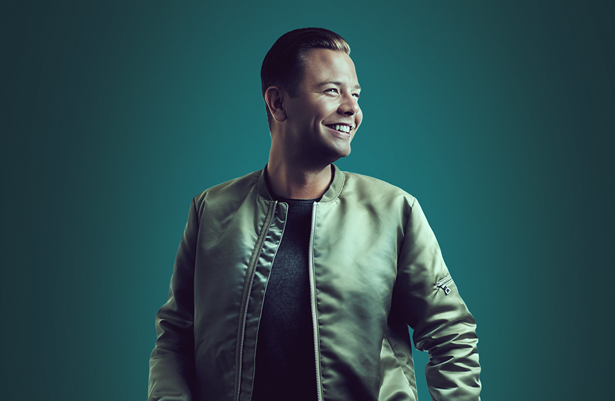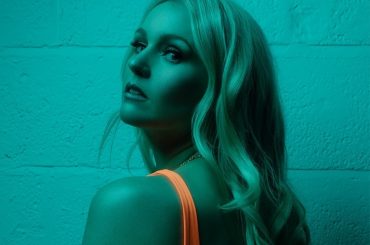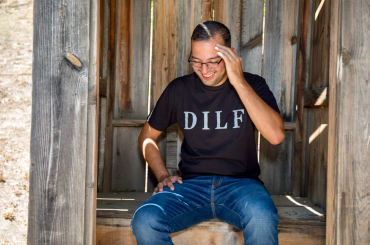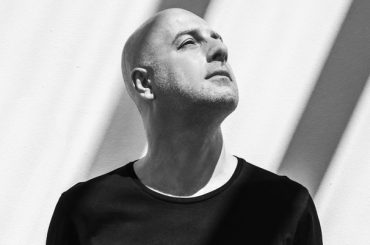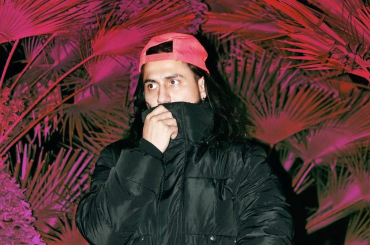Like several other Dutch DJ/producers, Sam Feldt has found success at a relatively young age. Indeed, the 24-year-old talent has racked up an impressive array of hits and become a major mainstage talent at the world’s biggest festivals. But maybe it shouldn’t be such a surprise – he’s actually been DJing since he was 11.
Of course, it was his studio work that first gained him notice. After breaking out in 2015 with his EDM remake of Robin S’ “Show Me Love,” he followed up with favorites like “Summer on You,” “The Devil’s Tears” and the Akon-featured “You.” After releasing a flurry of singles that sport infectious, down-tempo melodies, he released Sunset, his album debut on Spinnin’ Records in late 2017. He quickly followed up with Sunrise to Sunset, which added a dozen tunes to the debut effort. And now in 2018, his fans were presented with the remix album, After the Sunset. We recently caught up with Feldt to discuss his process, his career.
DJ Times: What inspired you to DJ?
Feldt: I’ve always been a big music lover. Growing up, the radio was always on in the house and I got introduced to a lot of different genres. I’ve been wanting to be a DJ from the age of 11. I started by doing a drive-in show where I would play to parties of my friends.
DJ Times: What’s your production set-up?
Sam Feldt: The production was done in my home studio on my Macbook Pro, on FL Studio, running Parallels. Hardware-wise, I use a Scarlett 2i2 interface to connect my Macbook to my KRK Rokit 8 G3 monitor speakers. My favorite VSTs are Kontakt, TruePianos, M1, Sylenth and Nexus. My album also contains a lot of live elements – sax, guitars, trumpets etc. – that I recorded with ProTools in a separate studio.
DJ Times: This double-album has 24 songs to represent the hours of the day and the years of your life – what was that undertaking like?
Feldt: It was difficult, but a lot of fun as well. I made the album together with my live band and it was great to spend a lot of time with them in the studio. The most difficult part was keeping the album diverse and interesting, especially with it being 24 tracks. I see the link more on an emotional level than just a sonic level. That a track was written, for example, at 6 a.m. doesn’t mean it only contains sounds that are found during that time of the day. It’s more about how a certain track makes you feel; what the perfect time is to listen to it.
DJ Times: Does Sunrise to Sunset represent the two sides of your production process?
Feldt: If I only explored two styles and tempos, I would have created a very boring album. There are so many genres on both albums – progressive house, tropical house, deep house, pop, reggae, R&B, etc. – that it is impossible to say Sunrise and Sunset represent two different sides of my production. Even with my span of genres, the entire album still shares that “Sam Feldt” vibe. I think being varied and open, while still maintaining a vision is something that is very important. From a producer’s point of view, I always like to push the boundaries of a genre. Just as one example… working on a crossover like “Yes” with Akon, and blending tropical house with R&B was a lot of fun.
DJ Times: How do you approach your vocal tracks?
Feldt: Ninety-percent of the time, my tracks start with a strong vocal or a lyric. I like to work that way because I immediately get a feel of what the track should sound like by looking at the story that is being told lyrically. I start by building chord progressions that fit a specific vocal demo, continue from there by building a basic arrangement, and then I start working on an instrumental hook. After I am satisfied that I’m finished with all three, I start mixing down and sound-designing.
DJ Times: How do you switch from the mindset of a performer to a producer?
Feldt: Being both a performer and a producer creates a kind of synergy. Having the ability to interact with the crowd on a daily basis and see what they respond to, it helps me be more creative and efficient in the studio. Also, it allows me to test out new ideas in a live set and then head back to the studio to work it… at least in theory. It doesn’t always work that way.
DJ Times: How do you approach playing a set while on tour?
Feldt: Because I have been DJing since I was 11, I have very high expectations set for both myself and the crowd. Every night I give them everything I have and, to a certain extent, I expect the crowd to react the same way – which is awesome when it all works out, but it can be stressful. I’m not a DJ that can just arrive, play his music, and leave. I need to feel as though I am part of the crowd, and there is mutual respect and energy flowing. With my latest album, I play around 70-percent my own songs in an hour-and-a-half DJ set. Some of the album tracks are not fitted for my high-energy sets, so I skip them or remix them into a club or festival version. For me to play other people’s tracks, they have to be melodic, high-energy and emotional at the same time.
DJ Times: Your approach to playing festivals, as opposed to clubs?
Feldt: On a festival stage, you tend to have a very limited time slot. You have to work to squeeze a lot of your own tracks into a limited amount of time. In a club, you have a little more room to catch your breath and play other people’s songs. A club show is a good place to test out new stuff, and perhaps extend your set, if you feel like it. Also, playing a festival to a massive crowd, for a lot of people it is going to be their first time seeing you play. Maybe their friend dragged them to your stage to introduce them to your music or something. You just don’t know the makeup of your audience as well and, because of that, you have to be on your “A-Game” and really showcase what you are all about in this very short time that you are given.
DJ Times: How do you balance touring and production?
Feldt: It is difficult. Like I said, there’s a synergy to being a DJ/producer that speeds up the creative process, but there’s also a lot of negative factors to take into account: lack of sleep, no good studio time or space available, difficulty getting in to a creative mood. I like to produce mostly from home from Monday to Friday, and then tour Friday through Sunday—but you don’t always have that luxury. When I’m on the road for weeks in a row, I try to stay creative and productive by producing from my hotel room or renting a studio abroad – it’s important.


